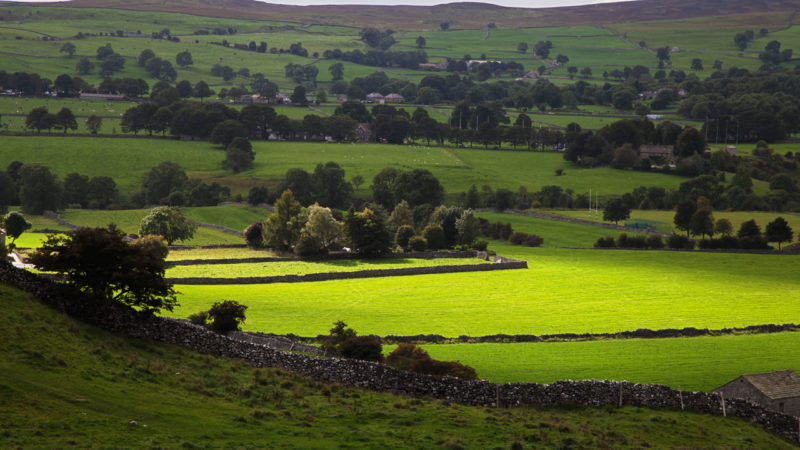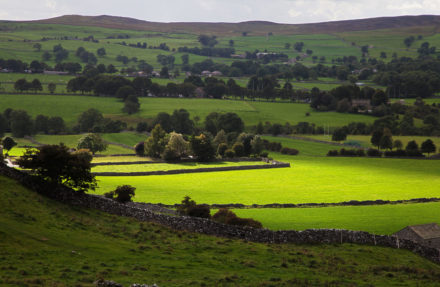

The Conservatives, and in some areas the Liberal Democrats, have dominated rural areas – even those with high levels of deprivation – in recent elections. But the Conservatives have now turned their attention to the prospect of seizing Labour’s former industrial heartlands and the Liberal Democrats are chasing after liberal and urban cities that voted remain. Both take for granted their rural voters as they seek new electoral pastures.
On the one hand are the Conservatives, who fail to offer the assurances Britain’s rural areas need after the vote to leave the European Union. On the other the Liberal Democrats and their continued attempts to undermine the clear mandate for Brexit that the country in general, and rural communities in particular voted for.
Labour, meanwhile, has built on the work of its 2015 Rural Manifesto to produce a series of practical policies that speak to the particular needs of rural communities and ensure that they will no longer be at the bottom of the list of government priorities. From former pit villages and farmers struggling to turn a profit to picturesque hamlets and market towns, Labour’s manifesto has the capacity to speak to rural areas as much as it does to cities.
There is a guarantee for farmers that Labour won’t allow Brexit to be used to drive down quality food produce through dodgy trade deals with the US and other producers with less rigorous quality and welfare standards. And after the generous but unwieldy Common Agricultural Policy comes to an end, Labour will rebalance funds towards smaller traders and those really in need. The Agricultural Wages Board – a proud Labour party achievement dating back to 1948 – was scrapped by the coalition government in 2013. Labour will bring it back, increasing the bargaining power of often poorly paid agricultural workers.
Labour will invest in our creaking rural infrastructure as part of its national investment plan. In particular, the key areas of transport and housing will receive the support they need. Both have suffered chronic underinvestment under successive Conservative-led governments. Rural areas up and down this country have seen their bus routes shut down. For the elderly especially, this has meant isolation and being cut off from friends, family, shops and services. Buying a home is getting further and further out of reach for many. Here the young are hardest hit. Labour has specific commitments on broadband, coastal protection and flood management too.
But perhaps most significantly of all, Labour has committed to rural proof all future policies. Most policies that work in rural areas will work in urban areas. But the reverse isn’t always true. In 2015, for example, Labour failed to give clarity to farmers worrying about whether the mansion tax would apply to them. On issues such as business rates and transport, the rural economy is different to the urban economy and it needs a different approach.
Following a White Paper in 2000, Labour committed to the concept of rural proofing in government, and though it was slowly abandoned it served rural communities well. Once again rural proofing all policy will make sure differences between rural and urban needs are respected and raise the profile of rural issues amongst policy-makers and in the national debate.
All this is timely. Across the Western world, cities and rural areas appear to be coming apart culturally and economically. The former have largely won from globalisation while the latter have not, instead leading populist upheavals from Turkey and Austria to the US and the UK. French geographer Christophe Guilluy calls this the divide between the core and the periphery and it is the central challenge of contemporary politics and political economy.
No one party can address this growing divide alone or in one government. But only Labour’s manifesto offers a starting point for doing so, with policies aimed at rebalancing national priorities and ensuring those living in rural areas are more than an afterthought.
Tobias Phibbs is a researcher at the Fabian Society, where he is leading research into Labour and rural communities.



More from LabourList
Key local council elections to watch for clues on our general election chances
Andy Burnham manifesto: Greater Manchester mayor reveals three key election pledges in bid for third term
‘Labour should grasp the chance to secure EU visa deal for young workers’